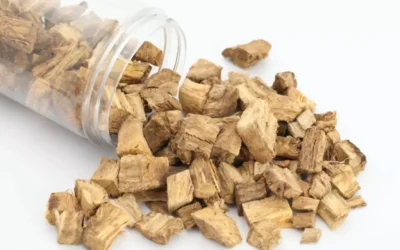It can also be assuring to know that most people have the same problems and need to make similar changes. 3) Clients feel they are not learning anything new at self-help meetings and begin to go less frequently. Clients need to understand that one of the benefits of going to meetings is to be reminded of what the “voice of addiction” sounds like, because it is easy to forget. Clinical experience has shown that common causes of relapse in this stage are poor self-care and not going to self-help groups. In the second stage of recovery, the main task is to repair the damage caused by addiction [2]. Clinical experience has shown that this stage usually lasts 2 to 3 years.
You might be surprised how quickly your resolve and good intentions disappear once the party’s started. If you don’t prepare for these situations ahead of time, you are vulnerable to relapse. Try brainstorming ideas on your own and work with your counselor or therapist to come up with a plan. Often a place may trigger a memory of an event, or smelling something, such as a particular cologne, may trigger your memory of a loved relative.
Get Professional Help
Once a person has experienced addiction, it is impossible to erase the memory. But with good coping skills, a person can learn to let go of thoughts of using quickly. Occasional, brief thoughts of using are normal in early recovery and are different from mental relapse. They feel they are doing something wrong and that they have let themselves and their families down.

Discovery Institute also offers individual therapy, coping skills development and implementation of recovery support groups such as Alcoholics Anonymous and Narcotics Anonymous. Some coping skills that are taught involve cognitive-behavioral therapy (CBT), dialectical behavior therapy (DBT) and meditation. These can help you banish old patterns for good and learn new ways of thinking. Finally, exposure to drugs and alcohol can quickly trigger an addiction relapse. The sight or smell of a substance at a party, concert, family gathering, or any other place could cause strong cravings to immediately arise.
Cognitive Therapy and Relapse Prevention
Dealing with post-acute withdrawal is one of the tasks of the abstinence stage [1]. Post-acute withdrawal begins shortly after the acute phase of withdrawal and is a common cause of relapse [17]. Unlike acute withdrawal, which has mostly physical symptoms, post-acute withdrawal syndrome (PAWS) https://ecosoberhouse.com/article/types-of-relapse-triggers/ has mostly psychological and emotional symptoms. Its symptoms also tend to be similar for most addictions, unlike acute withdrawal, which tends to have specific symptoms for each addiction [1]. Seeking professional help when faced with challenges during your recovery journey is paramount.
MS Tingling: Causes, Feels Like, Treatment, and More – Health Central
MS Tingling: Causes, Feels Like, Treatment, and More.
Posted: Fri, 23 Feb 2024 08:00:00 GMT [source]
Relapse triggers are far more extreme for recovering addicts in the early recovery months of addiction treatment. We publish material that is researched, cited, edited and reviewed by licensed medical professionals. The https://ecosoberhouse.com/ information we provide is not intended to be a substitute for professional medical advice, diagnosis or treatment. It should not be used in place of the advice of your physician or other qualified healthcare providers.


